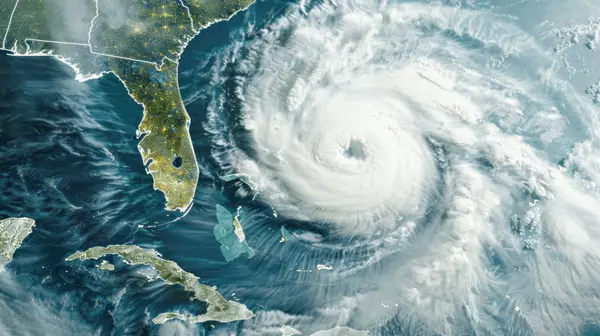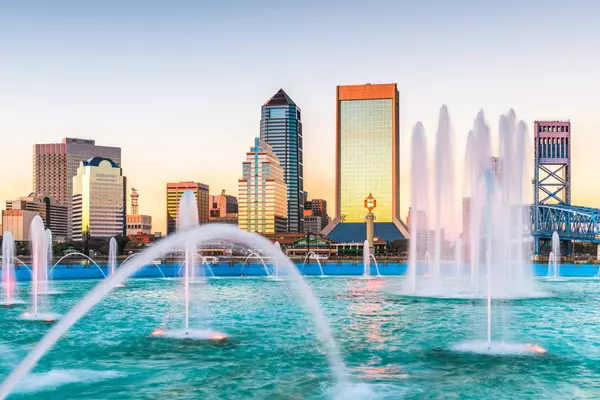Our Latest Blogs
Does Jacksonville, Florida, get hurricanes?
Does Jacksonville, Florida, get hurricanes Introduction Is Jacksonville, Florida, the home of the Jaguars and the largest city in Florida's First Coast region, safe from hurricanes? It depends on who you ask. Some people will tell you that it's not even possible for a hurricane to hit Jacksonville b
What Is Jacksonville Florida known for?
What Is Jacksonville Florida known for? Introduction The state of Florida is known for a lot of things. Sunshine, beaches, and theme parks are just a few of the many attributes that draw people to this part of the country. But what about Jacksonville? What is it known for? Well, there's plenty here
When do Jacksonville, Florida schools start
When do Jacksonville, Florida schools start Introduction Whether you're a parent looking for your child's first day of school or a college student who needs to know when classes start, this guide should help. We've included all the information you need to know about Jacksonville area schools so that
- 1
- 2
- 3
- 4
- 5

Yasha Wells
Phone:+1(904) 343-4461



